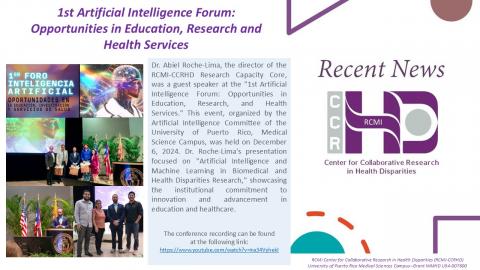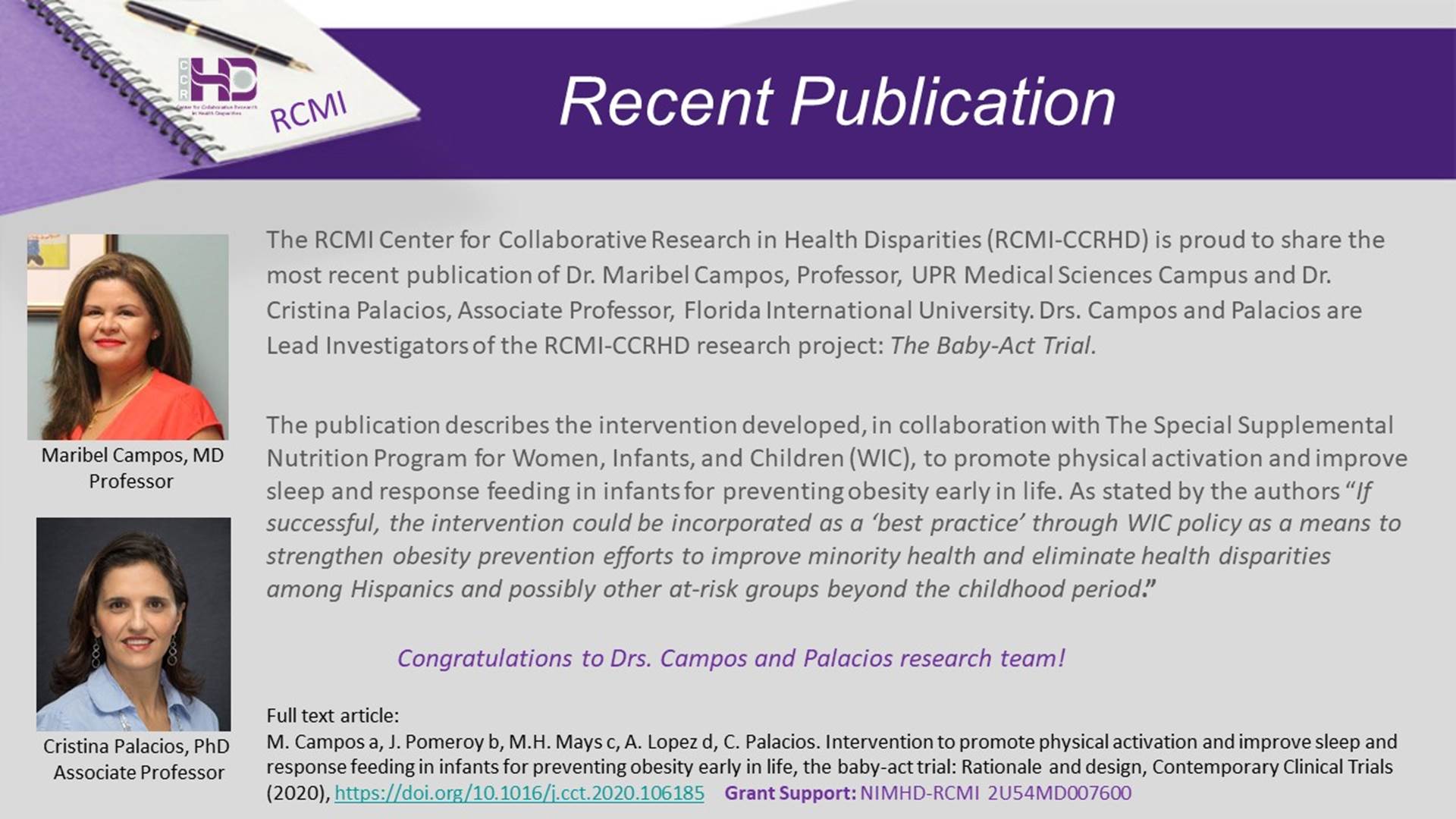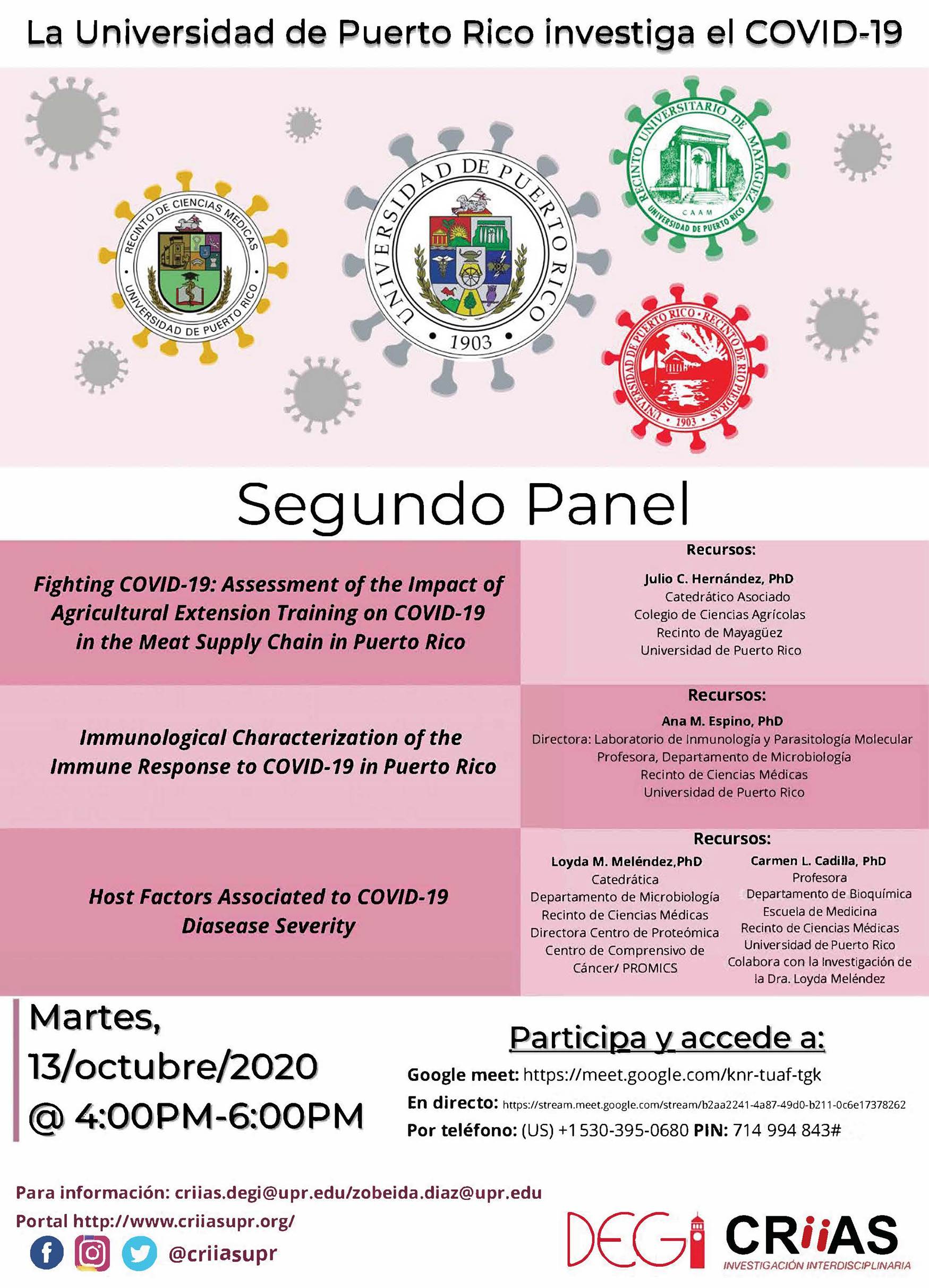University of Oxford researchers report they have developed a test for SARS-CoV-2 that can return results in five minutes, Reuters reports.
In a preprint posted to MedRxiv, the Oxford team describes their methodology to detect the virus. In particular, it relies on wide-field fluorescence imaging to detect viral particles, followed by image analysis and machine learning to identify the virus present. They report that their approach could distinguish between clinical samples with and without SARS-CoV-2 as well as between samples with SARS-CoV-2 or influenza, all with high accuracy.
"Unlike other technologies that detect a delayed antibody response or that require expensive, tedious and time-consuming sample preparation, our method quickly detects intact virus particles; meaning the assay is simple, extremely rapid, and cost-effective," co-author Achilles Kapanidis says in a statement.
While the researchers say that a rapid test like theirs could be rolled out at airports and businesses to aid in mass testing, they note that their test would not be ready for such large-scale use for a while, Reuters reports. It adds that the Oxford team plans to start product development in early 2021 and have an approved test about six months after that.







